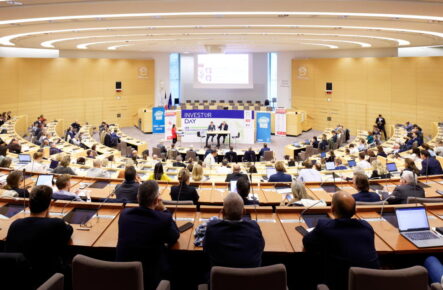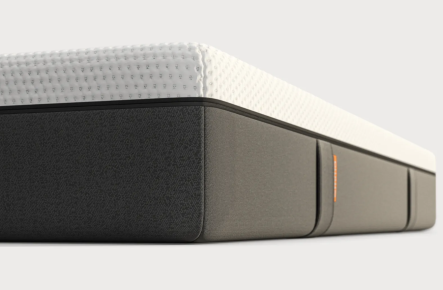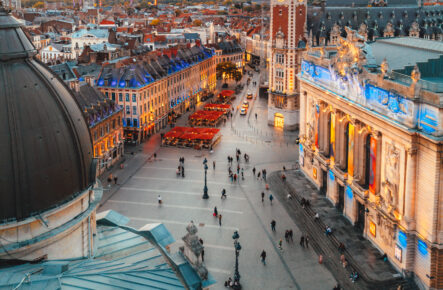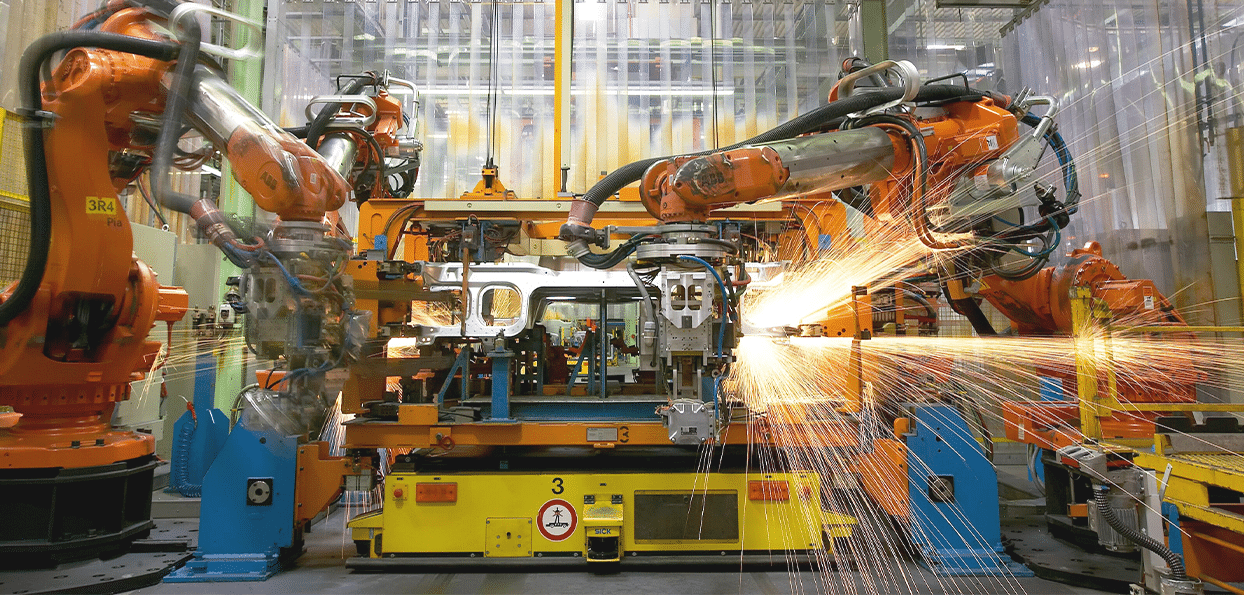Lille’s Institut Pasteur continues its research in the fight against Covid-19
Since the end of February the teams at the Institut Pasteur in Lille (IPL) have been on the war path.
The unprecedented, multi-disciplinary task force is made up of 30 researchers, including virologists, chemists, pharmacologists and engineers. The team is working on 4 major Covid-19 research projects:
-
Repurposing an existing molecule: finding molecules that could fight Covid-19 while waiting for a vaccine. Apteeus, a drug repurposing start-up, has made its collection of 2,000 molecules available for this purpose.
-
Developing a vaccine derived from the whooping cough vaccine on a dedicated IPL platform; it could be administered nasally.
-
Researching a treatment against the whole family of coronaviruses, in anticipation of new forms and mutations. Hydroxychloroquine has shown its limitations by being unable to resist more complex models.
- Assess the efficacy of the BCG vaccine
On top of its research activities, IPL has set up a screening drive with Synlab, and a service advising companies on the health measures required to ensure a safe return to the workplace.
IPL identifies a miracle molecule effective against SARS-CoV-2
During its study of the 2,000 molecule library held by Apteeus, the Institut Pasteur in Lille has identified one molecule whose antiviral action:
- reduces the viral load in patients preventing contagion when taken early
- counteracts more severe forms of the disease when taken later
According to the AEF, the molecule is clofoctol.
“Different molecules were identified at the end of May, but we needed to experiment on more precise models to establish their true effectiveness in humans[…]. We understand enough already about this product to know that it can be effective at a normal dose just as well in children as in adults. And alerts for side effects are rare.”
Marketed in France between 1978 and 2005, the molecule already has authorisation for distribution.
Which means it could be deployed rapidly once the clinical trial has been carried out.
Hauts-de-France Region and LVMH fund clinical studies
To drive research forward, the Hauts-de-France region has mobilised a €780,000 grant.
This money will fund the first phase of clinical trials: testing on animals (large macaque monkeys).
“Our aim is to spare the use of animals by performing a maximum of tests in vitro”, explains Benoît Déprez, IPL’s Scientific Director.
But the IPL still needed 5 million euros to carry out the clinical trial on humans.
Now the money has been donated by the number 1 luxury brand, LVMH, which during the first lockdown launched production of hydro-alcoholic gel in its Hauts-de-France factory.
“Five million euros is the amount needed to conduct, ideally, a double-blind, placebo-controlled human clinical trial”, explains Benoît Déprez. “We are hoping to start the clinical trial in the coming months and have the results for the first quarter of 2021.”
The Institut Pasteur in Lille is located at the heart of France’s 3rd largest health care hub.
The Hauts-de-France region boasts 32,000 employees and 1,100 companies working in the healthcare sector.
The region is particularly renowned for research with more than 80 specialist laboratories, representing 4,000 public and private sector researchers.
Lille’s Institut Pasteur is a perfect example.
Though modest in size, IPL’s strength lies in its teams which combine varied yet complementary skill-sets and have access to the latest high-tech technology.
Find out more about the healthcare sector in Hauts-de-France.
Sources : Institut Pasteur de Lille, Sciences et avenir, AEF, Europe 1, 20 minutes





